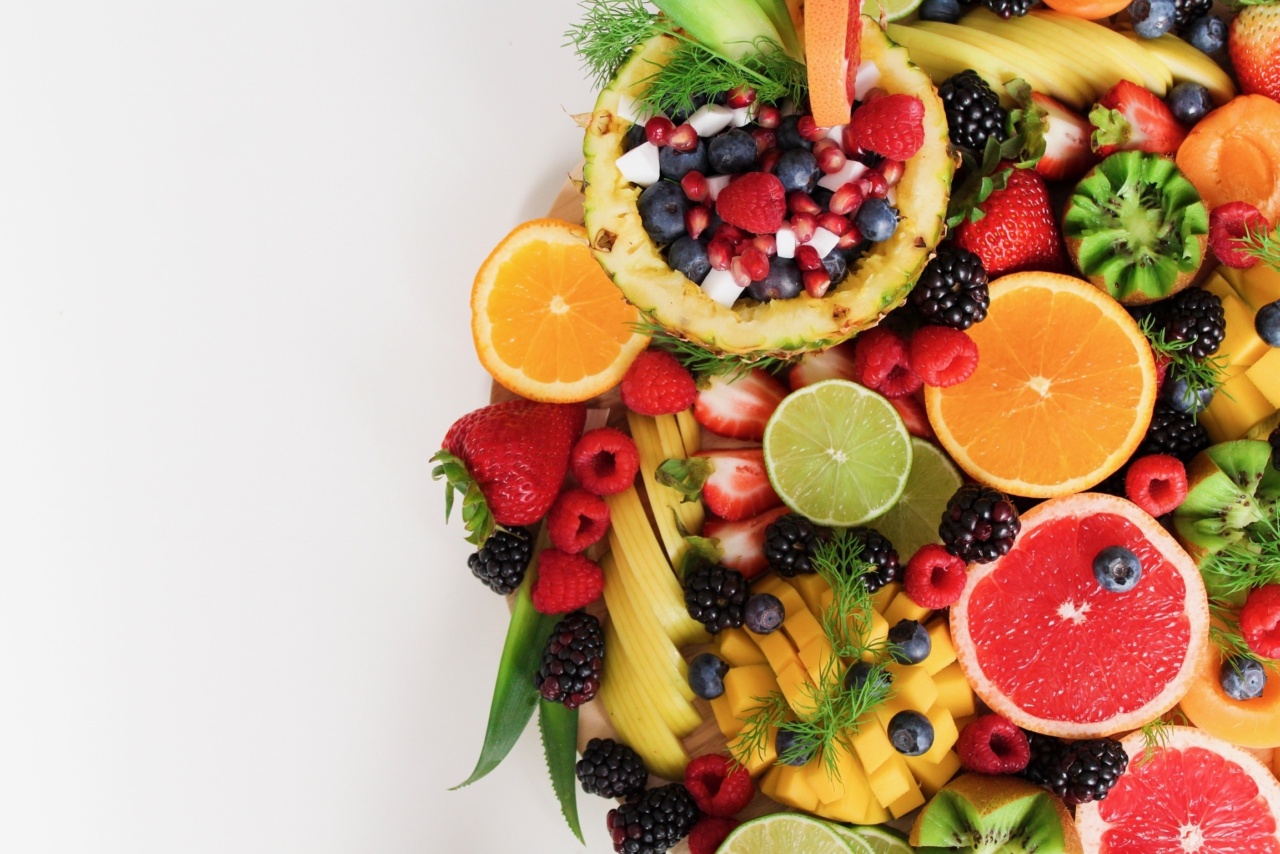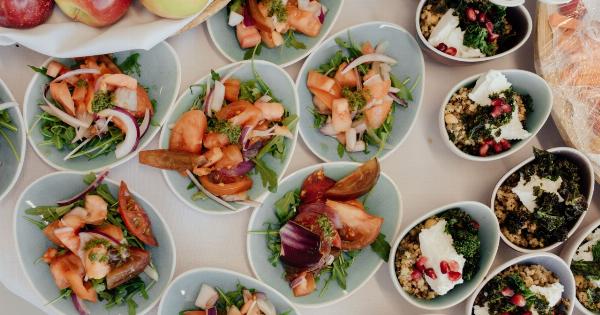When it comes to nutrition, there is a plethora of information available, but not all of it is accurate. With so many conflicting claims, it can be challenging to separate fact from fiction.
This article aims to provide clarity on some common myths and misconceptions surrounding nutrition.
Myth 1: Carbs are the enemy
One prevailing belief is that carbohydrates are the main culprits behind weight gain and should be avoided. While it is true that excessive consumption of refined carbs can lead to weight gain, not all carbs are bad.
In fact, whole grains, fruits, and vegetables are rich in essential nutrients and fiber, which are beneficial for overall health.
Myth 2: Fat makes you fat
Another misconception is that all fats are unhealthy and contribute to weight gain. The truth is that we need a certain amount of healthy fats in our diet for optimal bodily functions.
Unsaturated fats, such as those found in avocados, nuts, and olive oil, are actually beneficial for heart health and can aid in weight management.
Myth 3: Juicing is the best way to cleanse the body
Juice cleanses have gained popularity as a way to detoxify the body and lose weight. However, there is little scientific evidence to support these claims.
While freshly squeezed juices can provide some essential nutrients, they lack the fiber found in whole fruits and vegetables. It is better to consume a balanced diet with plenty of fruits, vegetables, and whole grains for optimal nutrition.
Myth 4: All supplements are safe and effective
Many people rely on dietary supplements to meet their nutritional needs, but it is important to approach them with caution. Not all supplements are regulated by health authorities, and some may even contain harmful substances.
It is advisable to consult a healthcare professional before starting any new supplements and focus on obtaining nutrients from whole foods whenever possible.
Myth 5: Eating after 8 p.m. leads to weight gain
The belief that eating late at night automatically leads to weight gain is a common misconception. Weight gain occurs when the total number of calories consumed exceeds the number of calories burned.
It’s more important to focus on the overall quality and quantity of your diet, rather than the timing of your meals. However, late-night snacking can contribute to weight gain if it leads to excessive calorie consumption.
Myth 6: All sugar is equal
While it’s true that excessive consumption of added sugars can be detrimental to health, not all sugars are created equal. Naturally occurring sugars in fruits and dairy products come with additional nutrients, such as fiber and calcium.
On the other hand, added sugars in processed foods and beverages provide empty calories and should be limited.
Myth 7: Organic means healthier
There is a common misconception that organic foods are automatically healthier and more nutritious than conventionally grown foods.
While organic farming practices limit the use of synthetic pesticides and fertilizers, studies have shown inconsistent results regarding the nutritional differences between organic and conventional produce. It’s more important to prioritize a diet rich in fruits, vegetables, and whole foods, regardless of their organic status.
Myth 8: All calories are created equal
Not all calories are equal when it comes to nutrition and weight management. The sources of those calories play a significant role in determining their impact on the body.
For example, 100 calories from a handful of nuts provide healthy fats and fiber, whereas 100 calories from a sugary soda provide empty calories devoid of any nutritional value.
Myth 9: Skipping meals helps with weight loss
Skipping meals in an attempt to lose or control weight can actually have negative effects. It can lead to overeating later in the day and make it harder to maintain a balanced diet.
Additionally, skipping meals can result in a lack of essential nutrients, leaving you feeling fatigued and less able to concentrate. It’s best to focus on consuming regular, well-balanced meals and incorporating healthy snacks throughout the day.
Myth 10: Dairy is necessary for strong bones
While dairy products are a good source of calcium, they are not the only source. Many plant-based foods, such as kale, broccoli, and almonds, also provide calcium.
Additionally, some individuals may be lactose intolerant or have dietary restrictions that prevent them from consuming dairy. It’s important to find alternative sources of calcium to maintain strong bones and overall bone health.

























